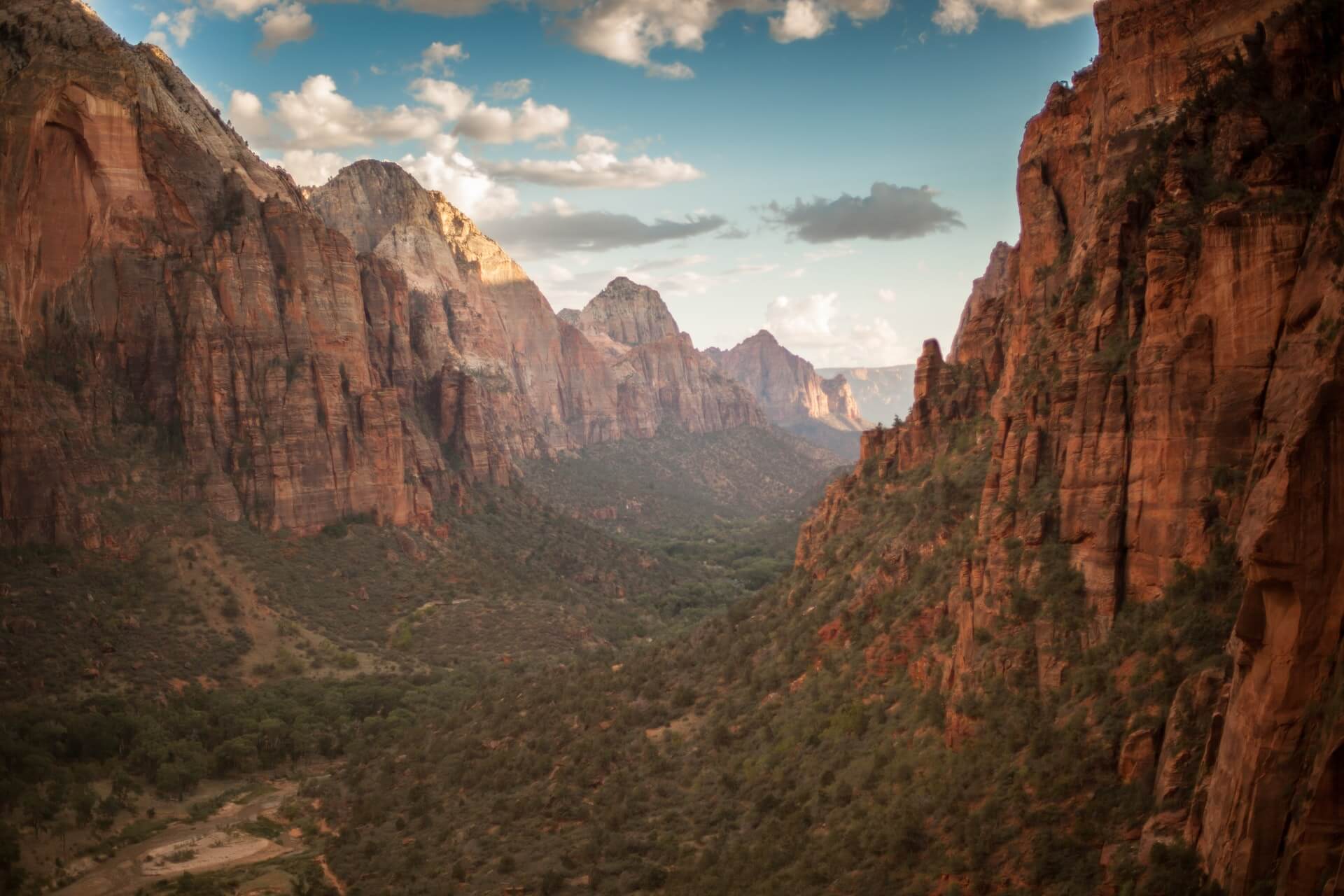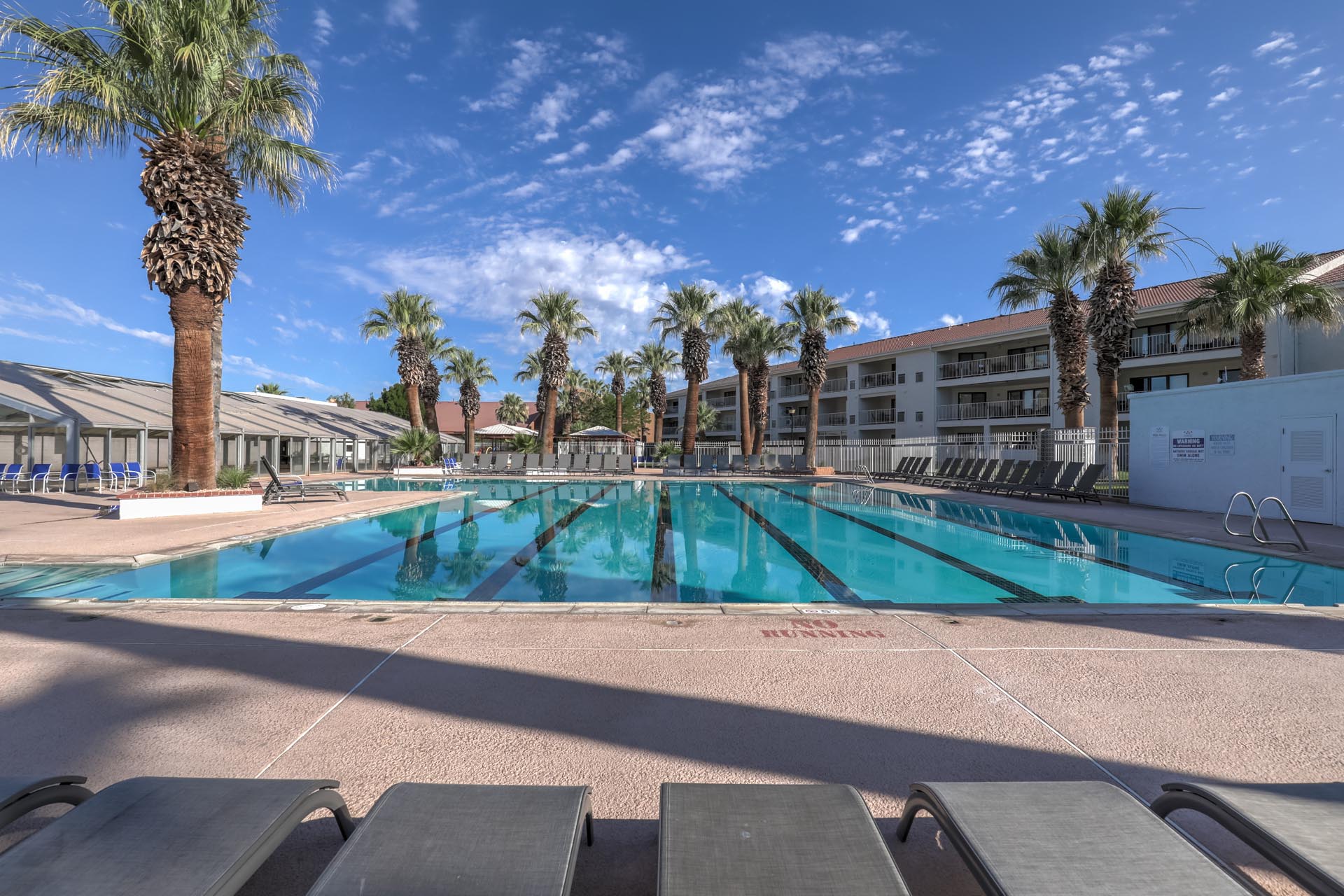“We seem to have lost something – something vital, something of individuality and passion. That may by why we tend to view the western outlaw, rightly or not, as a romantic figure” – Robert Redford
Southern Utah has its share of “Wild West” stories, figures, and historical locations. Butch Cassidy and the Wild Bunch may be at the top of the people list. The Utah Outlaw Trail and Robbers’ Roost Canyon are also famous.
*** Include http://www.stgeorgevacationrentals.com/ in your plans to visit the “Wild West”! ***
In the 1890’s, Butch Cassidy and his group the Wild Bunch, holed up in Robbers’ Roost, one of the wilderness hideouts along the 2,000-mile length of what was known as the Outlaw Trail. Robbers’ Roost is a several-hundred-mile complex of towering walls and deep slots in remote Southern Utah. Robbers’ Roost and the Outlaw Trail were pathways and hide-out locations for the most successful bank and train robbers in the Wild West.
Cassidy was considered “king of the Roosters, an aristocrat among mere cattle rustlers.” Butch lived well in Robbers’ Roost: he built tents and held big barbecues, pistol competitions, and horse races.
Horse and cattle thieves were the first wander the Utah portion of the Outlaw Trail, decades before Cassidy. In Utah, outcast Mormons wanted for murder or polygamy established some of the first settlements along the trail’s most remote parts.
Renegades like Cassidy found their way on the Outlaw Trail, operating across terrain that remains even today as some of the most forbidding in America. They survived, even thrived, because it was dangerous, unmapped territory at the time.
Edward Abbey, environmentalist and self described anarchist, said in his book Desert Solitaire that the deserts of Southern Utah were a safe house of political liberty, “a refuge from authoritarian government.” He also described “revolutionaries, operating with the active or tacit support of a thinly dispersed population.”
Butch Cassidy and the Wild Bunch were able to survive because of the support of the Utah locals. It may be because the Southern Utah locals respected Cassidy and understood how he came to live the life he did.
Butch Cassidy was born Robert LeRoy Parker, in 1866, in Beaver, Utah. He was the oldest son of Mormon parents. Growing up poor, Parker, at age 14, went to work on a ranch in Circle Valley, north of what is today Bryce Canyon National Park. There he met Mike Cassidy, a small-time rustler who was influential enough that Robert took his last name.
Rustling was one of the only ways small ranchers and cowboys could survive in this era, as cattle corporations and barons had seized the best range. Utah author Charles Kelly, Butch Cassidy’s earliest biographer, wrote in his 1938 book, The Outlaw Trail, that when the barons “succeeded in squeezing out or running off a homesteader or small rancher by force, as often occurred, they frequently created an outlaw. Not being able to defend himself otherwise, the victim retaliated in the only way he knew how – by turning cattle thief.”
Butch ended up running lots of stolen stock into the badlands of Bryce Canyon and into the stony wilderness of Robbers’ Roost.
According to Kelly, Cassidy was a well-built and charming young man, with “a disarming smile” and a “rapid-fire way of talking, which later served him well.” Cassidy was universally liked and known across Utah as “the best shot in Circle Valley”. However, Cassidy abhorred bloodshed, was “never vengeful, was quiet and inoffensive, and cared not at all for liquor or cards.”
In April 1897, Cassidy and the Wild Bunch took at least $8,000 from the mine payroll at Castle Gate, Utah. The Salt Lake Tribune declared the robbery – done in broad daylight, in a narrow canyon settlement with only one point of escape – “one of the most daring affairs ever recorded.”
Between 1897 and 1900, Butch led or helped plan nearly a dozen major bank and train holdups.
Charles Gibbons owner of a general store in the Utah village of Hanksville during the 1890’ss, said Butch always paid his debts in cash. Cassidy’s biographer wrote, “all old-timers interviewed for this biography, including the officers who hunted him, were unanimous in saying Butch Cassidy was one of the finest men I ever knew.”
Butch was thought of as the Robin Hood of the Wild West.
Cassidy gave $500 to an old rancher couple to pay a banker threatening them with foreclosure. When the debt was satisfied, Butch found the banker and stole back his money.
Cassidy was sick of seeing the big cattlemen, the rich people, taking from the lower classes. He was, “fighting an unfair system, fighting for the little guy. Yes, he was a criminal, but he didn’t do so much wrong”.

